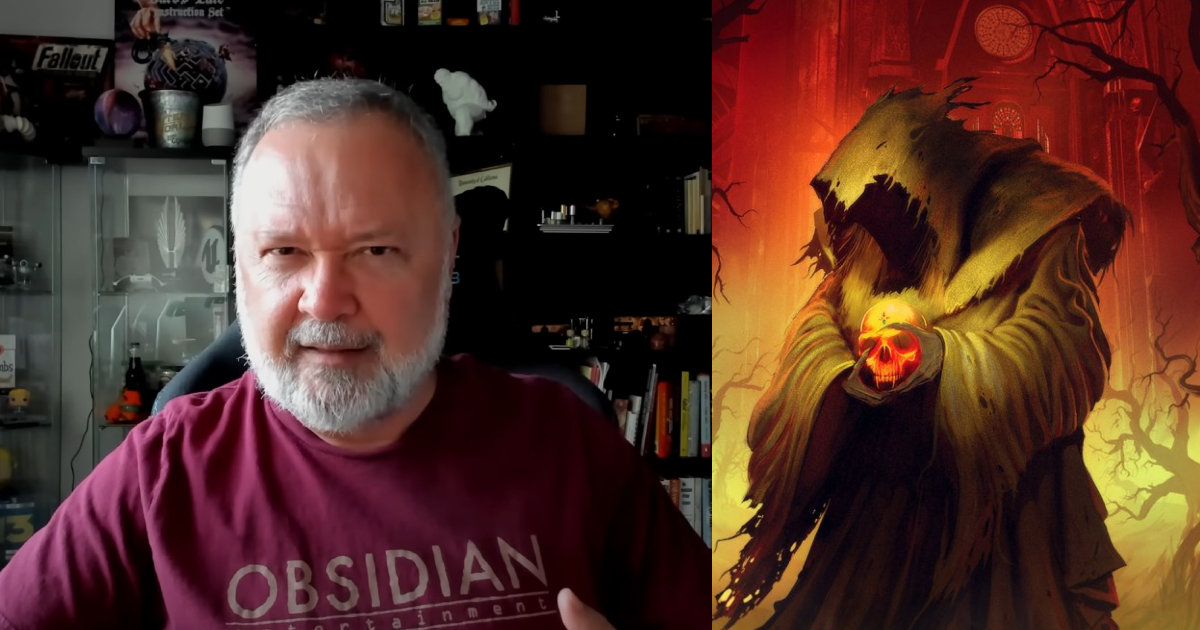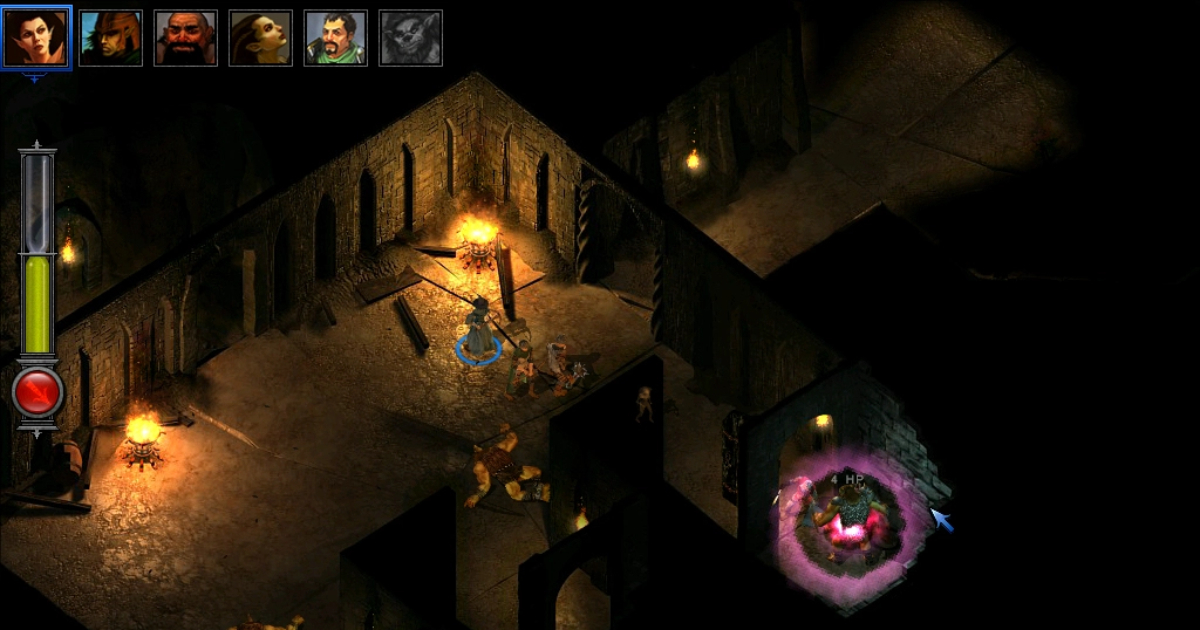Fallout co-creator Tim Cain on lessons learned from failure: "When you do something right, you don't always know why it's right"
Everybody makes mistakes, but not everybody accepts them and learns from them. Tim Cain, prominent game designer and co-creator of some of the most famous RPGs, has opened up about how devs can make better games based on their failures.

“I’ve learned more about how to make good games from my bad ones,” Tim Cain said in a recent video on his YouTube channel. Let’s take a look at some of the lessons he has learned during his game development career that spans over 30 years.
Learning that you might not be good at something
Cain didn’t realize he wasn’t really a good writer earlier in his career. He previously touched on this topic on The House of The Dev podcast last year, recalling how he wrote the iconic “War never changes” line for the first Fallout. Players really liked it, and that’s why Cain was sure he could create great dialogues.
Everything changed with the release of The Temple of Elemental Evil, which was criticized for its characters. That’s when Cain realized that there is a fine line between being a good writer in general and being good only in certain aspects of this craft.
He was good at writing manuals, specific descriptions, and lore, but not characters and conversations. And if it wasn’t for his experience writing for ToEE, he would have never figured it out.
“Learning that nuance took years and took me way beyond the success of Fallout or even Arcanum,” Cain said. “It took the failure of [The Temple of Elemental Evil] before I even started realizing that there was a nuance there.”

The Temple of Elemental Evil
Learning that the vision should be maintained teamwide
Another important thing that Cain learned from failure was that it is hard to not only get a teamwide acceptance of the game’s vision, but also to maintain it. He didn’t even think about this issue before the development of Arcanum. Although the core team was pretty much the same people Cain worked with on Fallout, they had huge arguments over the project’s vision and direction.
It took me years to realize what was the difference, what happened. And the bottom line was that you may have an idea of what the game is, but it may not align with what everybody-making-the-game's idea is. And getting that vision communicated to everybody and agreed upon by everybody is very hard.
RPG designer and programmer, co-creator of Fallout
Cain only figured that out when he was working on The Outer Worlds at Obsidian because he was “much better equipped to talk to designers, programmers, and artists about what we were trying to do.” So it is crucial not only to formulate the vision for the game you are making, but also to communicate it to all other team members and make sure that everyone sticks to it throughout the entire process.

The Outer Worlds
“Success has many fathers, but failure is an orphan”
By using this old quote, Cain wanted to say that everyone demands credit for successful games, even if their contribution was small or non-existent. However, when a project fails, even people at major roles try to distance themselves from it, not willing to accept responsibility for the failure.
When you make a good game everybody will be coming at you, 'Why aren't you mentioning me?' Sometimes I flip this on people and go, 'I've never heard you once mention me, I've never heard you once give a compliment about anything I did.' In fact, I backed somebody in the corner once and said, 'Name one thing I contributed to this game that I was just the director on,' and they couldn't do it.
RPG designer and programmer, co-creator of Fallout
What Cain learned is the importance of accepting your failures and taking full responsibility for them. For example, he still loves ToEE despite it being the lowest-scored game of his career. So developers should learn from their mistakes instead of forgetting their unsuccessful projects.
Learning that taste is always subjective
Although this may seem obvious, Cain noted that many people don’t understand that their personal taste may not be the ultimate truth. He realized it when getting feedback on his games from other people.
When you simply say that something is “dumb” or that you don’t like the look of some elements of the game, you’re basing your opinion on your personal taste. It is unconstructive and subjective because feedback like this contains no valid arguments or criticism.
The mind-numbingly large ego it takes for people to try to prove that their taste is objective just explodes my tiny brain. You could be playing a game that crashes a lot, but other than that it's a really good game. It's got super cool mechanics, it looks cool, you're having so much fun playing it. But then someone will go, 'It's an objectively bad game because it crashes a lot.' I think they're missing the entire point of what good and bad even is, and that it is very subjective. Crashing is bad, but that doesn't mean the game is bad for everyone.
RPG designer and programmer, co-creator of Fallout
“Everyone is the hero in their own stories”
That’s what Troika Games co-founder Leonard Boyarsky once told Cain.
This phrase made him look back at his career in the games industry and realize that when people talk about themselves, they are “always the good guy” and the one “who tried to do the right thing.” In their own words, they never did anything bad and even if they did hurt someone, it wasn’t intentional.
Cain acknowledged that he also used to be the hero in his stories. Once he realized that, he started trying to combat that tendency — for example, he has been taking notes on different things since Interplay, including what other people did and how they behaved on certain occasions. Not only do these notes help Cain recall events, he also uses them to ground himself and become better.
I try to take blame for the things that I did wrong. And I notice and get suspect when I'm talking to someone who never seems to have done anything wrong, they have this blameless career... I listen to that now, especially when people do interviews. They always made the right decisions, they always pulled things out, everything they did was amazing.
RPG designer and programmer, co-creator of Fallout
For more insights and even more lessons, watch the full video below.
And here is what Tim Cain said in conclusion: “The general rule here is when you do something right, you don’t always know why it’s right, but when you do something wrong, you get a much better idea of how to do it right.”
